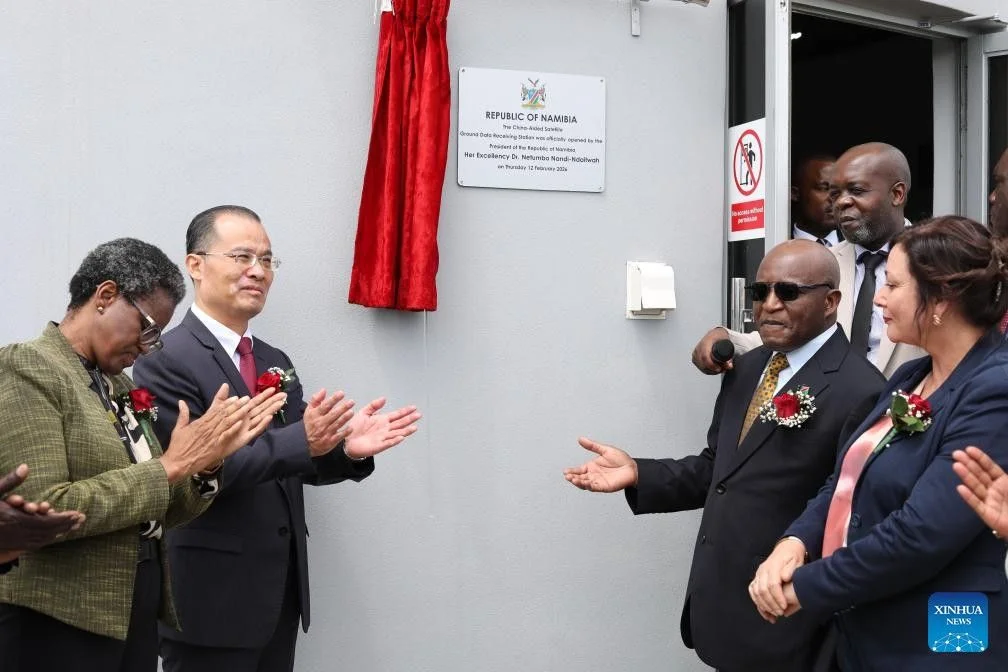The management of internet infrastructure is shifting beyond cables and hardware to include one of the world’s most valuable digital assets: IP addresses. In an exclusive interview with Telecom Review Asia, IPXO CEO Ramutė Varnelytė explained how IPv4 leasing and advanced IP management solutions are helping telecom operators across Asia address surging connectivity demands while preparing for a sustainable transition to IPv6.
IPv4 Still Vital Amid Slow IPv6 Transition
While Asia-Pacific has surpassed 50% IPv6 capability, half of users still rely on IPv4. Many operators lack the resources for full-scale carrier-grade NAT (CGNAT) or complete IPv6 adoption. As a result, demand for IPv4 remains strong. Leasing has emerged as a flexible, cost-efficient alternative to purchasing blocks, providing operators with immediate access to critical IP resources.
Varnelytė noted that misconceptions still exist—such as the belief that IP addresses from other regions cannot be configured for Asia. Education and compliance frameworks like KYC have helped normalize leasing as a legitimate, strategic option.
Next-Gen IPAM: Moving Beyond Spreadsheets
IPXO recently introduced its Next Gen IPAM (IP Address Management) platform, focusing on public rather than internal IP pools. Many organizations still track IPs with spreadsheets—an approach unsuited to modern, large-scale networks.
The new platform centralizes IPv4 and IPv6 management into a single dashboard, automating monitoring, reducing human error, and proactively detecting routing or geolocation issues. Reputation and abuse tracking further protect operators from spam and malicious activity, enabling more secure, resilient operations.
Automation and Flexibility for Operators
Traditionally, leasing IP addresses could take weeks. IPXO’s automated platform enables instant access, letting operators scale quickly in response to traffic surges. Operators also benefit from visibility into geolocation, reputation, and pricing attributes, ensuring informed decisions.
The model supports two main customer groups:
- Operators with surplus IPs can lease them via IPXO, generating revenue—Virgin Media O2 and Ukrtelecom, for example, have earned millions annually, monetizing unused addresses.
- Operators short on IP resources avoid heavy upfront costs. Purchasing a /16 block (~65,000 IPs) can exceed $1 million, while leasing averages $0.40–$0.44 per IP per month, providing affordable scalability.
Toward Sustainable Growth
Beyond financial efficiency, leasing promotes sustainability by reallocating unused IPs to organizations facing years-long waits for new allocations from registries. On the IPXO platform, 97.72% of abuse cases are automatically resolved, covering spam, copyright violations, and brute-force attacks—ensuring scalability and security.
“Automation, transparency, and flexibility are what set IPXO apart,” said Varnelytė. “These tools allow telecom operators to manage IPv4 scarcity, prepare for IPv6, and build more resilient digital networks across Asia.”















